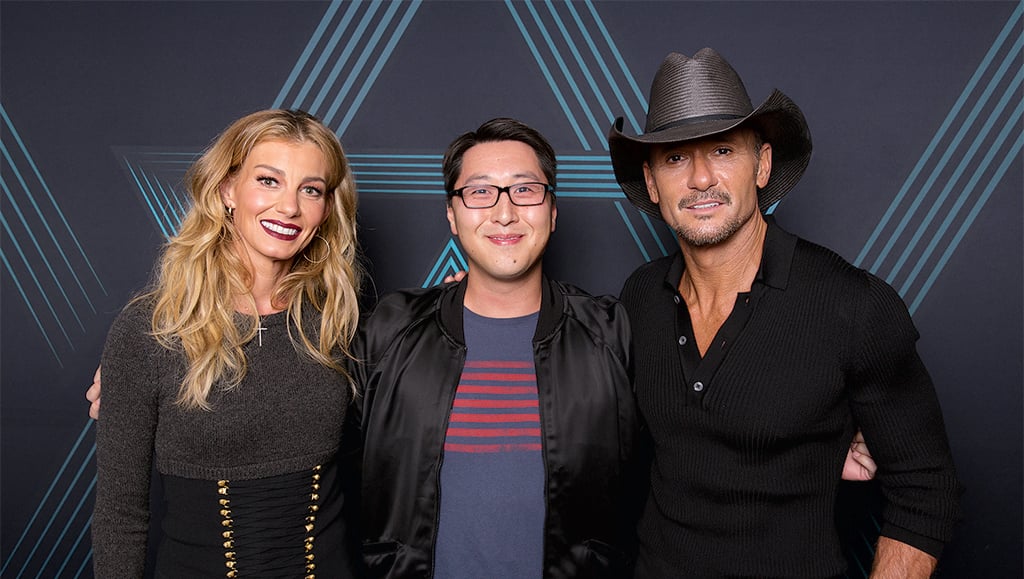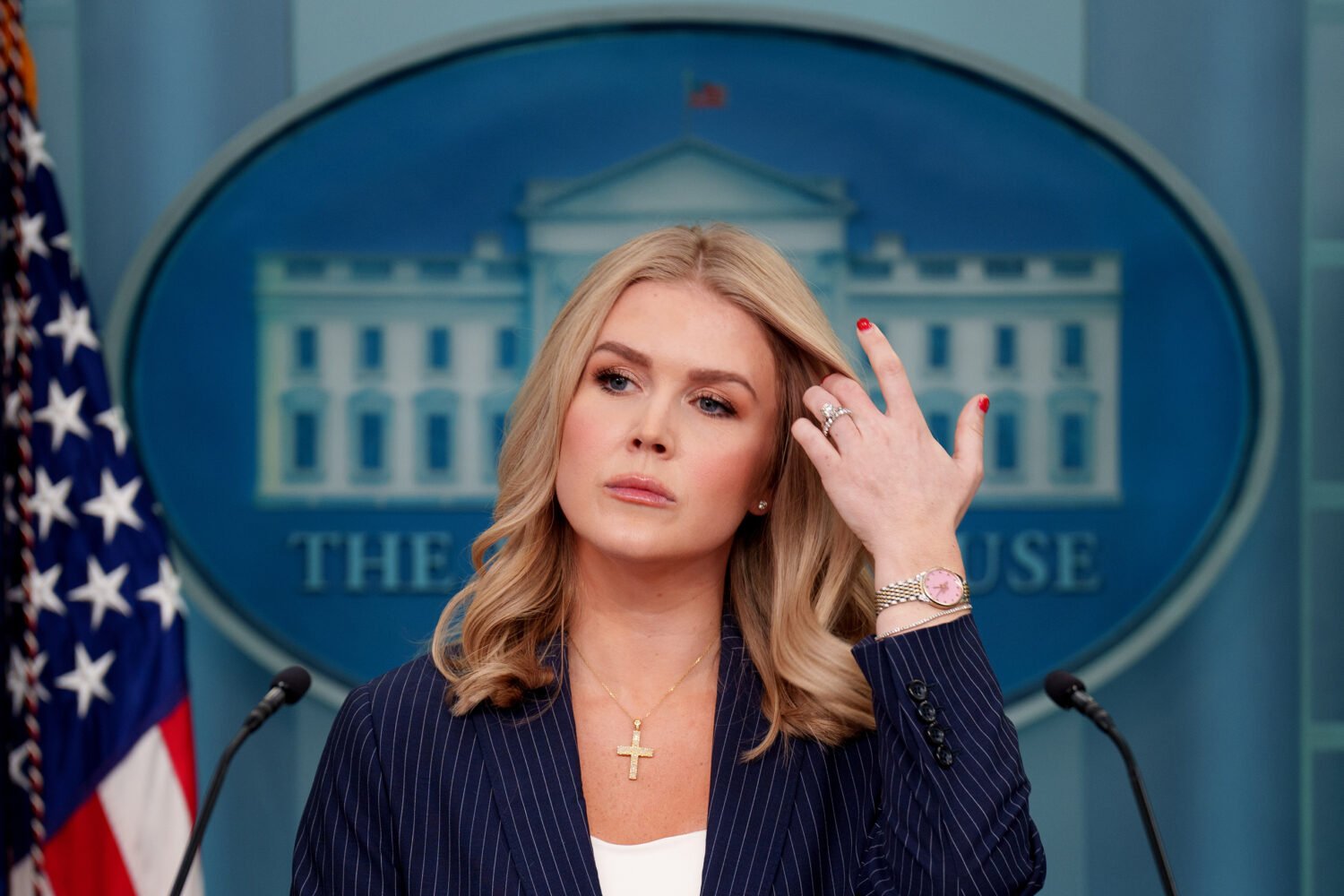Kurt Bardella, poised and placid, is staring into the lens of a giant, hooded camera. The former Breitbart News Network spokesman is sequestered in a studio at NBCUniversal in Northwest DC on a Sunday in March, appearing on an episode of Joy Reid’s MSNBC show, AM Joy. Wired for sound, he’s listening patiently, smiling slightly, making no movements as Reid, in a New York studio, chats with other guests.
Finally, a question crackles through Bardella’s earpiece and he strikes. “Steve Bannon basically is in political exile in the United States,” he says. “So he has to, as a parasite, find another host to attach himself to—to try to have political relevance again, to get that second lease on life. . . .”
Bardella, unafraid to sting his former employer, knows a lot about second acts. He got his first major DC media attention as deputy communications director for Republican representative Darrell Issa, and Bardella quickly earned a reputation as a self-promoter but also as a highly effective media strategist—a quintessential Washington political type, in other words. In 2011, however, he blew up his Hill career by sharing sensitive private e-mails with New York Times reporter Mark Leibovich, who then memorably chronicled the whole kerfuffle in his 2013 book, This Town.
It was the kind of ludicrous meta-scandal that nobody outside the Beltway much cared about, but it earned Bardella a certain DC notoriety. He soon started his own consulting firm, doing communications work for Issa, Breitbart, and other right-wing clients.
Then, last year, a small bombshell: Bardella was becoming a Democrat. Disenchanted by Trumpism and particularly disgusted by Republican support for Roy Moore, he announced his conversion in a December column for USA Today. He’s now pro-choice, in favor of marriage equality, a climate-change believer. Bardella’s ongoing transformation plays out in the columns he writes for that paper and other outlets including HuffPost, as well as during frequent appearances on CNN and MSNBC.
But Bardella’s most surprising recent reinvention has nothing to do with politics. He has willed himself into the middle of another complex, ego-driven ecosystem: the country-music business. In 2015, he launched an e-mail tip sheet called Morning Hangover—essentially a Nashville-focused version of Politico’s Playbook, featuring items such as “Blake Shelton visits The Tonight Show” along with photos of Bardella hanging out with cowboy-hat-clad musicians. The tone is breezy and fannish, but it’s a serious endeavor, increasingly read by record-label honchos and other industry insiders.
As a result, Bardella is becoming a player in a whole different company town. He spends about one week out of six in Nashville taking meetings and attending showcases. He also travels often for concerts—up and down the Mid-Atlantic but also to Seattle, Alabama, Illinois, anywhere the music takes him. And all of it is chronicled in his newsletter.
Bardella discovered country music after a friend talked him into seeing country stars Jason Aldean and Eric Church at a Virginia venue in 2011. He wasn’t expecting much (he’d always been more of a Top 40 fan), but he loved the relentless energy of the bands and the good-natured spirit of the crowd: thousands of people singing along to clever songs about real life. He was hooked.
As Bardella got more into the music, it occurred to him that Nashville could really use an industry newsletter, something like the daily political e-mails that are obsessively read each morning all around DC. No such thing existed for country music, as far as he could tell, so he decided to try an experiment. “My plan was: I’m going to do this for two weeks,” he says, “and other people will see what a great idea this is, and then they’ll do it.” That didn’t happen, not surprisingly. Instead, he just kept going.
Bardella used his media expertise to build his brand and readership. He began at the top, targeting music-business bigwigs first, just guessing e-mail addresses and adding them to his distribution list. He knew that if he could get Nashville’s powerbrokers onboard early, the rest of the town would follow. The strategy seems to have worked. Bardella says he now has 25,000 newsletter subscribers, with 800 to 1,000 sign-ups a week, and he has a quarter million Facebook fans. (His new Spotify playlist, on the other hand, has a ways to go. I am one of 31 followers. “I’m a big believer in the soft-launch theory,” Bardella says.)
“It’s like a wall of its own of information and news,” says Nikki Wood, an executive at Nashville’s Big Loud Records. “It’s everything from what show he went to last night to when the ACM Award nominations come out. I mean, he covers all the things we’re talking about. He’s invested in that. And he spends time researching that.”
Says Nashville legend Tim McGraw: “What a smart, thoughtful, insightful, and open-minded guy. We need more people like that around who are on TV talking about what’s going on.”
There’s a frothy superficiality to the Morning Hangover, which has helped Bardella quickly ingratiate himself with the industry. He’s an enthusiast, not a journalist or a critic, and that makes his newsletter useful for anyone trying to hype a new artist, single, or video. Ultimately, Bardella has ambitions to turn his tip sheet into a broader media company—a place targeted at fans as much as insiders.
“I really think we could be the CMT of the digital space,” he says, referring to Viacom’s country-focused cable channel. Of course, CMT already has its own extensive digital operation.
One of the things Bardella loves about today’s country music is how open it is to sounds from other genres. Listen to country radio and you’ll hear bits of hard rock, singer/songwriter pop, even hip-hop, R&B, and Latin music. Outsiders might not think of Bardella—born in Seoul, raised in Escondido, no dirt on his tires—as a typical fan. In Nashville, he fits right in.
“The great thing about my life in country music is being in this positive environment with positive energy,” he says. “No one really cares if you’re Republican or Democrat, frankly. It doesn’t matter in the same way that it does here.”

As a veteran of intense partisan warfare, Bardella now finds himself operating in a less confrontational milieu—undoubtedly part of the appeal of the country world. But as different as his new career is, there has recently been some intriguing overlap. Last fall, Bardella had been planning to attend the Las Vegas country-music festival where 58 fans ended up being murdered in a mass shooting. At the eleventh hour, he canceled his trip to make an appearance on MSNBC’s Hardball With Chris Matthews. In the days that followed, Bardella realized he had a rare understanding of both politics and country music. He wrote a column for USA Today making the case that Nashville’s political attitudes—including toward guns—are more complex and nuanced than outsiders assume.
Behind the scenes, Bardella has had frank political discussions with many artists. “What’s refreshing about talking with folks in Nashville about political issues is their curiosity and genuine desire to be informed,” he says. “They aren’t approaching the conversation with their mind already made up. I love that we’re coming from a place where there isn’t judgment or vitriol. It’s just a conversation.”
This article appeared in the May 2018 issue of Washingtonian.

















